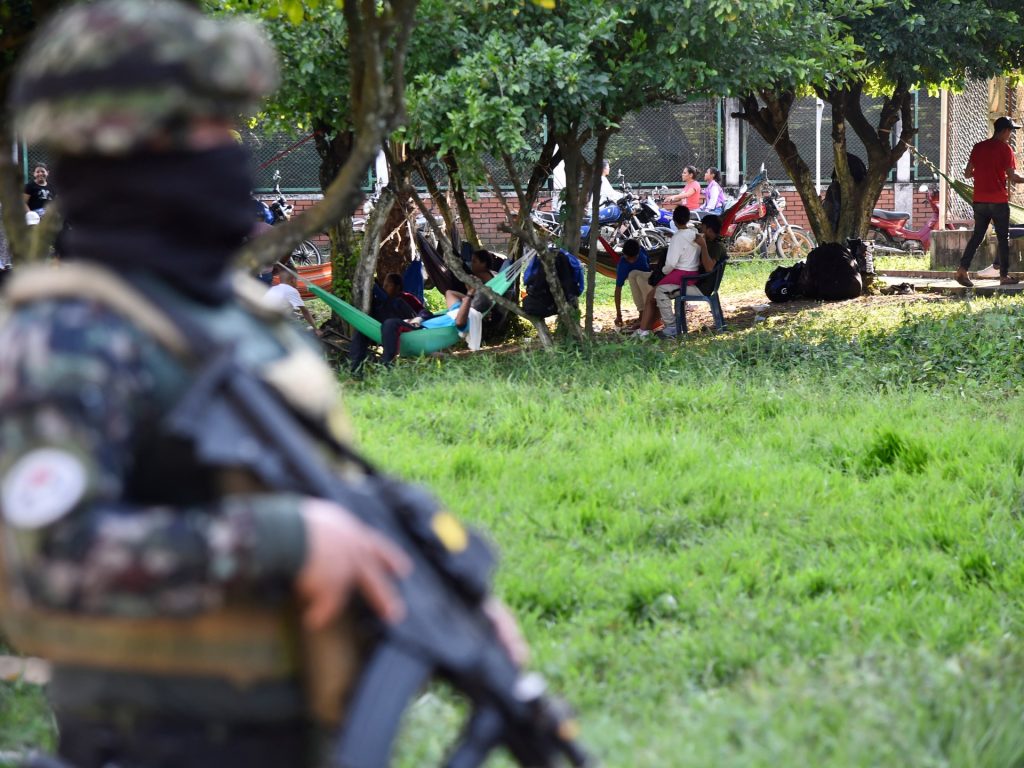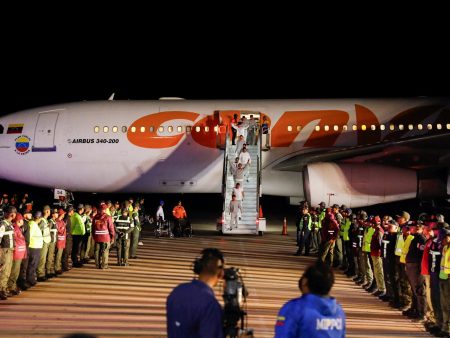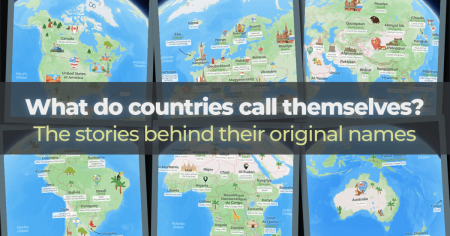The resurgence of violence in Colombia’s Catatumbo region underscores the fragility of peace efforts and the complex web of armed groups vying for control. The National Liberation Army (ELN), a leftist rebel group, launched an offensive against former members of the Revolutionary Armed Forces of Colombia (FARC) who refused to demobilize under the 2016 peace accord. This internecine conflict has trapped civilians in the crossfire, resulting in a devastating humanitarian crisis. Over 80 people, including civilians and ex-FARC fighters, have been killed in just three days. Thousands more have been forced to flee their homes, seeking refuge in the surrounding mountains or government shelters. The region, known for its mountainous terrain and proximity to the Venezuelan border, has become a battleground fueled by the lucrative cocaine trade. The escalating violence has shattered the hopes of lasting peace and exposed the persistent challenges facing Colombia’s efforts to consolidate stability and security.
The humanitarian situation in Catatumbo is dire. Thousands of displaced individuals, including families with young children, have been forced to abandon their homes with little more than the clothes on their backs. They are arriving at shelters in overcrowded trucks, on motorcycles, or even on foot, desperate to escape the violence. The Governor of Norte de Santander, William Villamizar, has described the situation as “alarming,” pleading for assistance for the displaced population. Access to essential resources like food, water, and medical care is limited, compounding the suffering of those caught in the crossfire. The ongoing violence has created a sense of fear and uncertainty, disrupting daily life and hindering efforts to provide aid to those in need. The scale of displacement underscores the urgent need for a humanitarian response to mitigate the suffering and provide basic necessities to the affected population.
The breakdown of peace talks between the Colombian government and the ELN further complicates the situation. President Gustavo Petro, who had prioritized achieving “total peace” through negotiation, suspended talks with the ELN following the outbreak of violence. This setback highlights the difficulty of engaging with armed groups and the persistent obstacles to achieving lasting peace in Colombia. The ELN’s attack on ex-FARC fighters underscores the fragmentation of armed groups and the ongoing competition for control of territory and resources. The failure of the peace process to fully address the underlying causes of conflict, including drug trafficking and inequality, has created a vacuum that allows for the resurgence of violence. The suspension of talks raises concerns about the future of peace negotiations and the prospects for achieving a comprehensive resolution to the conflict.
The violence in Catatumbo is not an isolated incident. It reflects a broader pattern of conflict in Colombia, fueled by the presence of multiple armed groups, including dissident FARC factions, right-wing paramilitaries, and drug cartels. These groups are engaged in a complex struggle for control of territory, access to resources, and lucrative drug trafficking routes. The mountainous terrain and porous border with Venezuela provide a haven for these groups, making it challenging for government forces to maintain control. The presence of illicit economies, including drug trafficking and illegal mining, further exacerbates the conflict, providing funding and incentives for armed groups. The intricate web of armed actors and their competing interests creates a volatile environment prone to outbreaks of violence.
The 2016 peace agreement with the FARC was a landmark achievement, bringing an end to decades of conflict. However, the agreement failed to fully disarm all FARC members, and some factions continued to operate as dissident groups. These dissident groups, along with other armed actors, have continued to engage in violence, undermining the fragile peace. The failure to fully integrate ex-combatants into civilian life and address the root causes of conflict, such as inequality and lack of opportunity, has contributed to the resurgence of violence. The continued presence of armed groups highlights the challenges of implementing peace agreements and the need for comprehensive strategies that address the underlying drivers of conflict.
The conflict in Catatumbo has far-reaching consequences for the region and the country as a whole. The violence disrupts economic activity, hinders development, and undermines efforts to build a lasting peace. The displacement of thousands of people creates a humanitarian crisis, straining resources and exacerbating existing social and economic inequalities. The ongoing conflict also poses a threat to regional stability, with the potential to spill over into neighboring countries. The international community must support Colombia’s efforts to address the root causes of conflict, promote reconciliation, and provide assistance to those affected by the violence. A comprehensive and sustained approach, encompassing security measures, development initiatives, and peacebuilding efforts, is essential to achieve lasting peace in Colombia.










